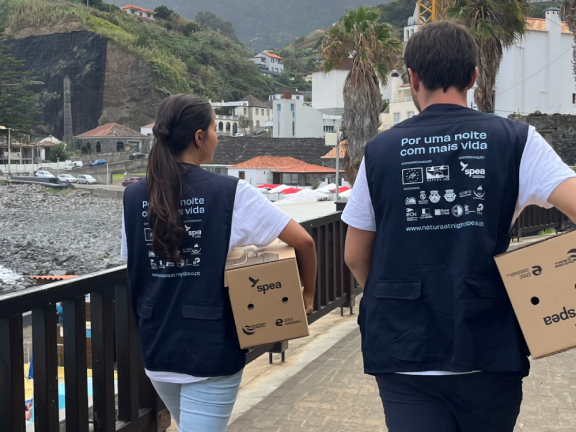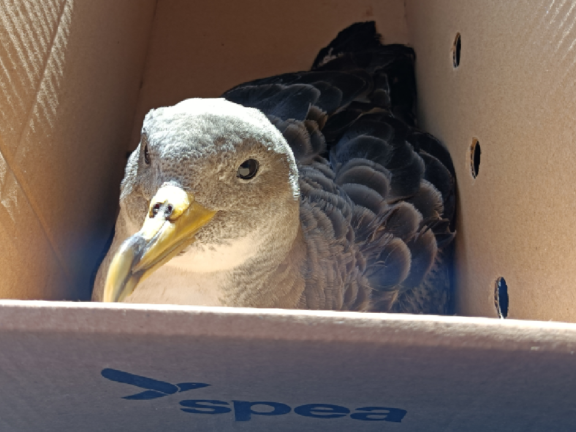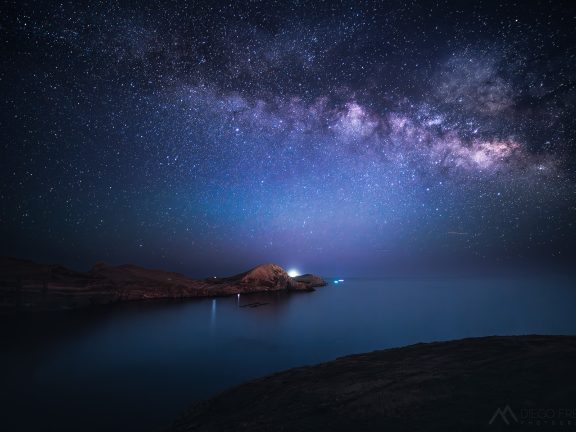Portugal is one of the European countries with the highest rates of light pollution. This menace is a growing problem worldwide, with it becoming commonplace in recent decades for the planet to remain too brightly lit even at night.
According to Visão magazine, a study by Christopher Kyba, a physicist at the German Geosciences Centre, found that light pollution is brightening the night sky at a rate of 10% per year, making many of the major constellations almost indecipherable.
Preserving the night sky is not only a mission for astronomers, lovers of stargazing and connecting with nature, but also an issue that negatively affects ecosystems and our own quality of life. Astronomer Martin Rees, former president of the Royal Society, tells The Guardian that “the night sky is part of our environment and it would be a great deprivation if the next generation never saw it, just as it would be if they never saw a bird’s nest”.

Light pollution occurs due to excessive, uncontrolled or inappropriate use of artificial lighting. Lights from cities, buildings and roads interfere with natural darkness and have significant impacts on various forms of life such as insects, seabirds and bats. By preserving the night sky we also conserve biodiversity and allow for a better balance of ecosystems.
The good news is that we can all contribute to the protection of the starry sky by reducing unnecessary use of lights, directing lighting appropriately and promoting information sharing about the importance of a preserved night sky. Governments, businesses and institutions also play a crucial role in implementing smart regulations and sustainable lighting policies.
In addition, citizen-science projects are calling for contributions around the world to help collect data on light pollution and its impact on ecosystems. Together, we can make a difference and ensure that future generations will have the privilege of contemplating the grandeur of the night sky. SPEA and the partners of the LIFE Natura@night project aim to study the effects of light pollution on Macaronesian nocturnal ecosystems.
The night sky is everyone’s heritage. It is a source of inspiration and a reminder of our place in the universe. Protecting this treasure is an act of responsibility and a legacy we can leave for future generations. Let’s join forces and work to preserve this natural beauty that belongs to us all.





